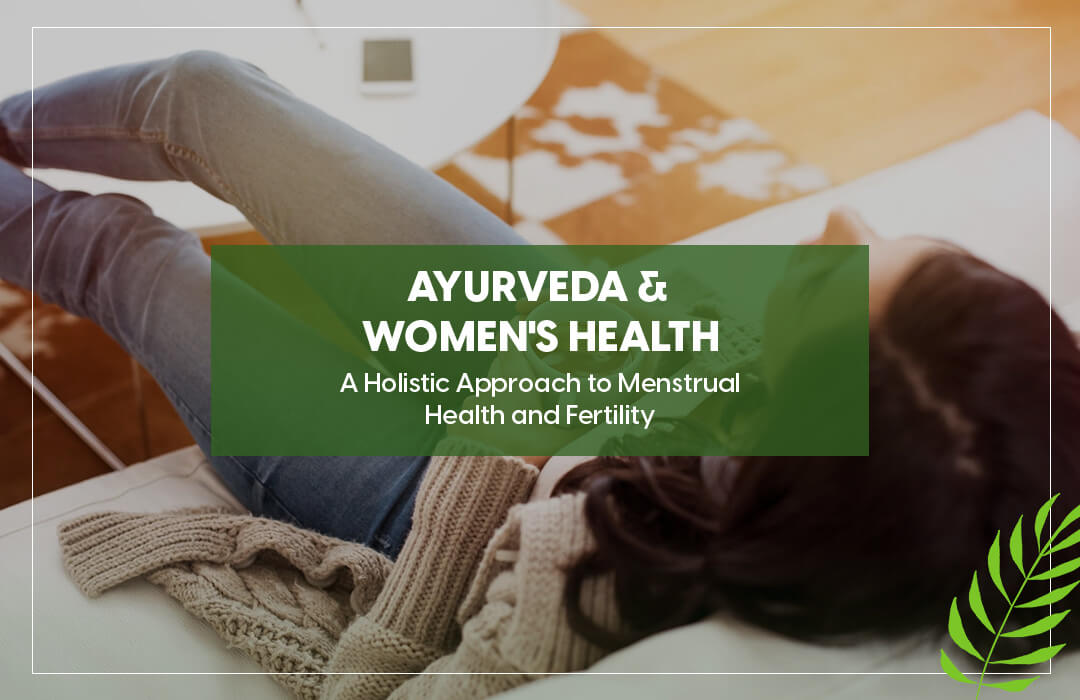Ayurveda, the ancient Indian system of medicine, offers a holistic approach to women’s health. It views the body as a whole and emphasizes the importance of balancing the mind, body, and spirit to achieve optimal health. Ayurvedic principles and practices can be used to support women’s health at all stages of life, from menstrual health and fertility to menopause and beyond.
Menstrual Health
Ayurveda recognizes the menstrual cycle as an important indicator of a woman’s overall health. Irregular, painful, or heavy periods are seen as signs of imbalance in the body. Ayurvedic practitioners may recommend various natural remedies to support menstrual health, including herbal teas, massages, and dietary changes.
One of the most commonly used herbs in Ayurveda for menstrual health is ashoka. This herb is believed to support healthy menstrual flow and ease menstrual cramps. Other herbs commonly used in Ayurveda for menstrual health include shatavari, ginger, and turmeric.
Fertility
Ayurveda offers a unique approach to fertility, focusing on improving the overall health of both partners rather than simply treating specific fertility issues. According to Ayurvedic principles, optimal fertility requires a balance of the doshas (vata, pitta, and kapha) and healthy agni (digestive fire).
To support fertility, Ayurvedic practitioners may recommend dietary changes, stress reduction techniques, and herbal remedies. For example, ashwagandha is a commonly used herb in Ayurveda for its ability to support reproductive health in both men and women. It is believed to help balance hormones, reduce stress, and increase energy levels.
Pregnancy and Postpartum Care
Ayurveda also offers guidance for pregnancy and postpartum care. During pregnancy, Ayurveda emphasizes the importance of a healthy diet, regular exercise, and stress reduction techniques. Herbal remedies may also be used to support the health of the mother and baby.
After childbirth, Ayurvedic practitioners may recommend a period of rest and rejuvenation, known as a postpartum Ayurvedic massage or “abhyanga.” This massage involves the use of warm herbal oils and is believed to support healing, reduce stress, and promote bonding between mother and baby.
In conclusion, Ayurveda offers a holistic approach to women’s health, supporting menstrual health, fertility, and pregnancy and postpartum care. By focusing on the balance of the mind, body, and spirit, Ayurvedic principles and practices can help women achieve optimal health and wellbeing.





